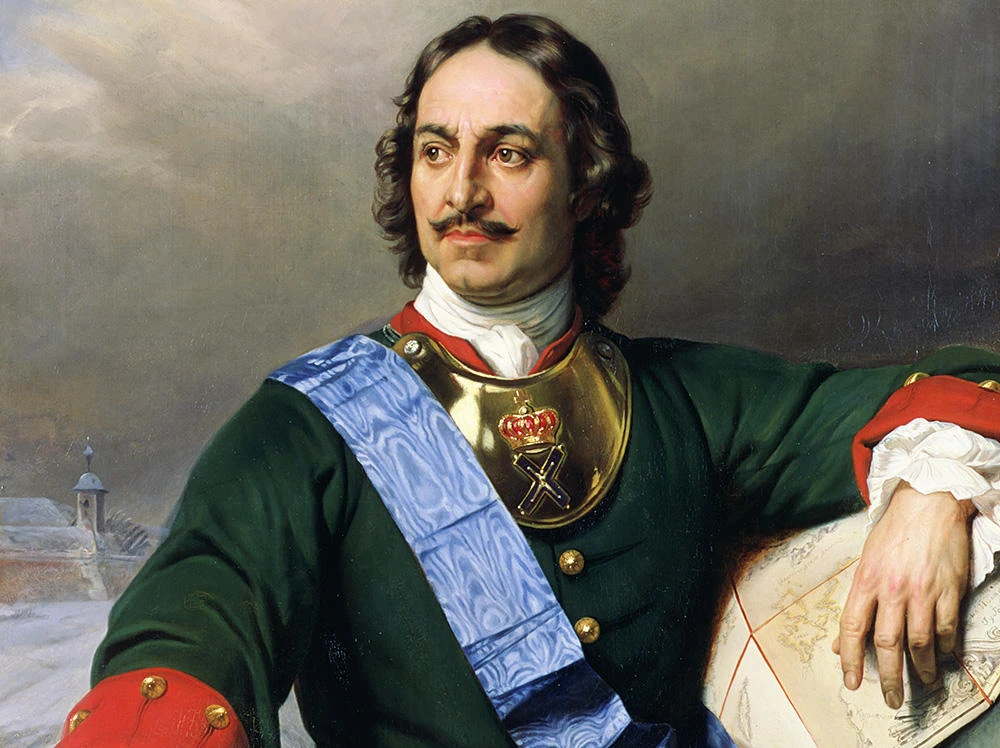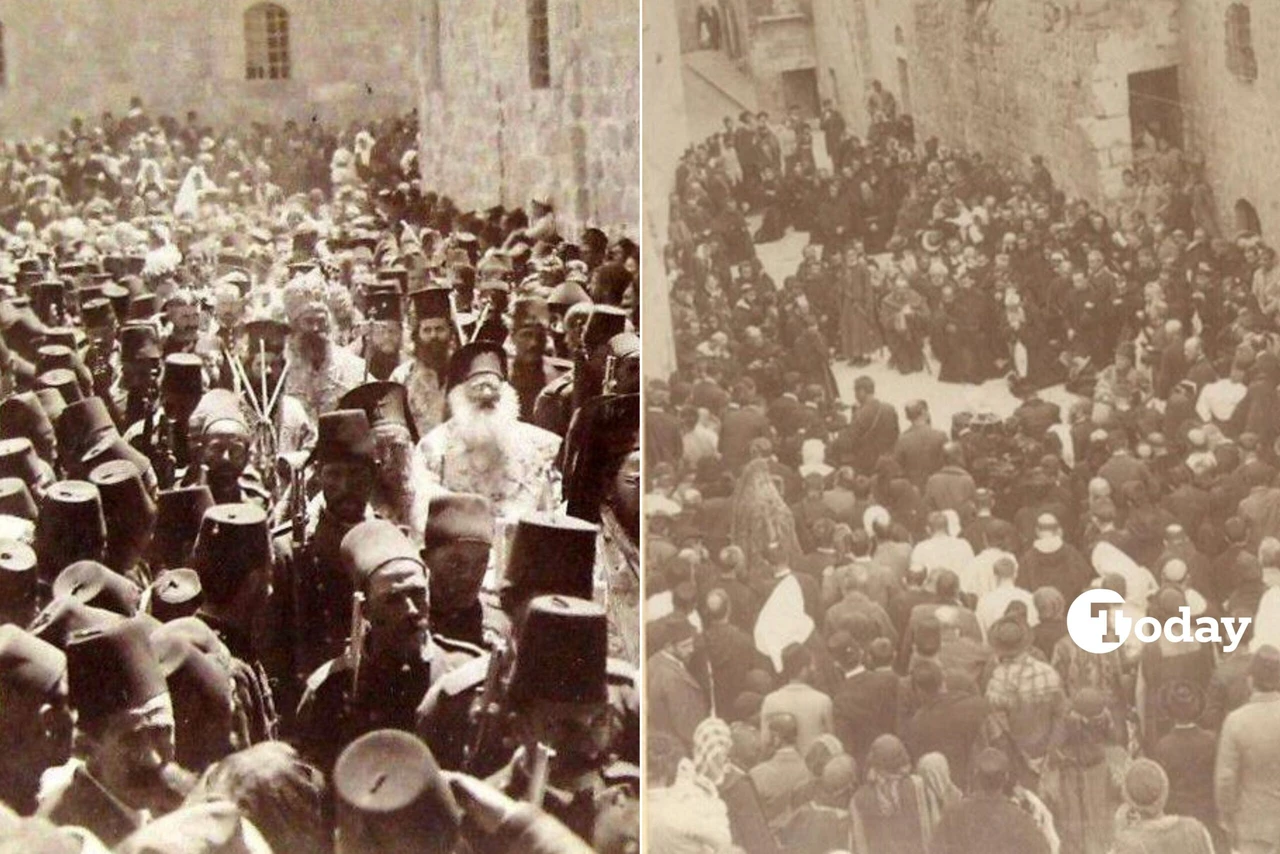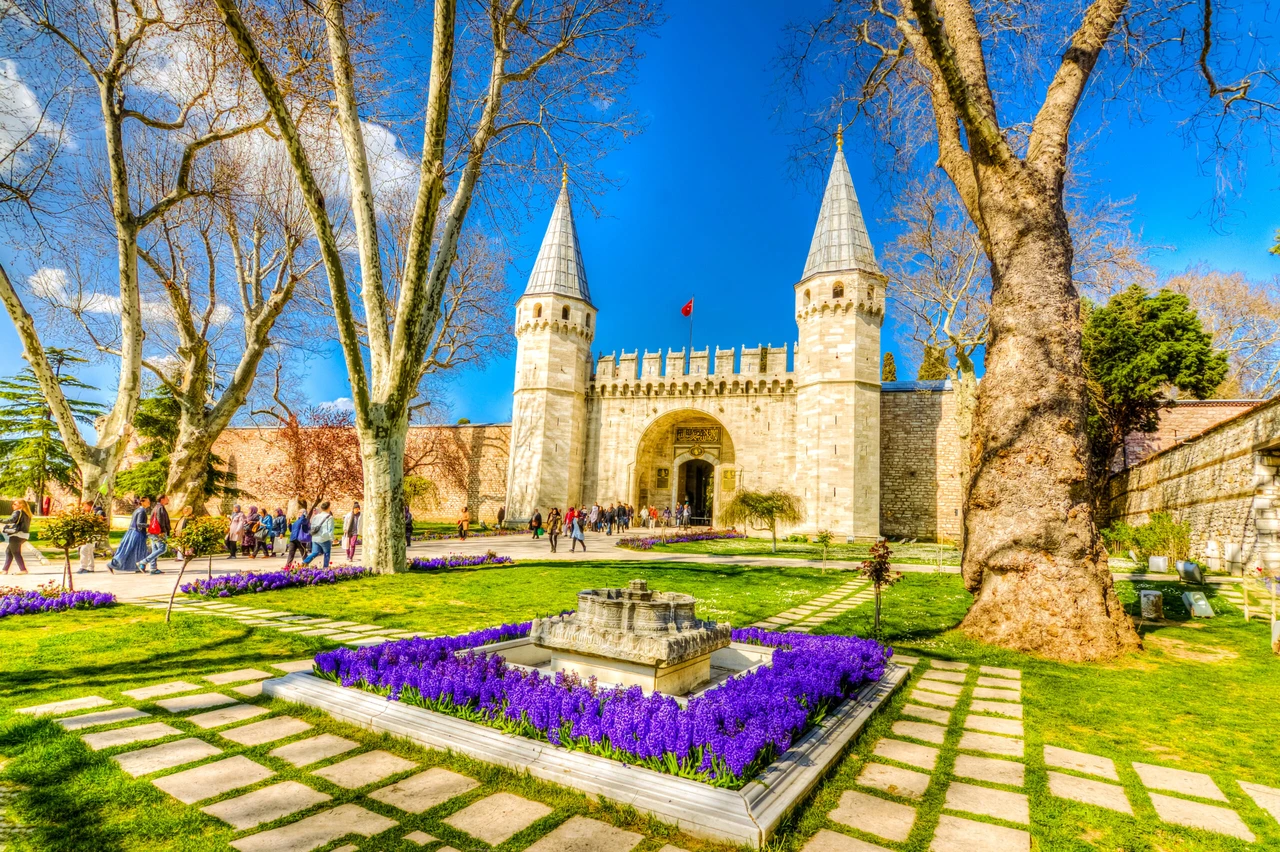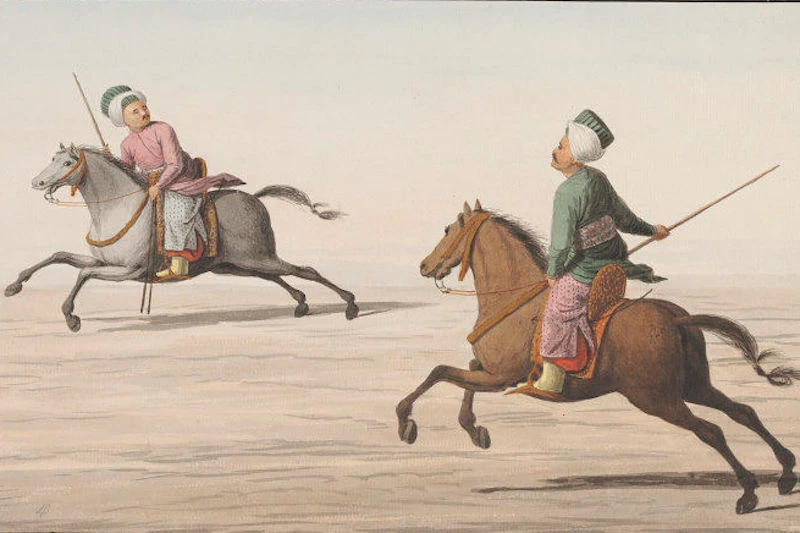473 years of Ottoman charity: Haseki Sultan Tekke continues serving Jerusalem
 Meals are being distributed at the Haseki Sultan Tekke, an Ottoman heritage site in Jerusalem. (AA Photo)
Meals are being distributed at the Haseki Sultan Tekke, an Ottoman heritage site in Jerusalem. (AA Photo)
For nearly five centuries, the Haseki Sultan Tekke (a Sufi lodge, especially in Ottoman Türkiye) in Jerusalem has been a beacon of charity, providing hot meals to those in need. Established in 1552 by Hurrem Sultan (Roxelana), the wife of Sultan Suleiman I (Sultan Suleiman the Magnificent), this historic institution continues its mission during Ramadan, ensuring that impoverished families do not go hungry.
Located just 100 meters (328.08 feet) from the Majlis Gate of Al-Aqsa Mosque, the tekke stands as a testament to Ottoman generosity, offering free meals year-round. Often described as the “unwavering gate of charity” of the Ottoman Empire, it remains a vital lifeline for many, particularly during Ramadan when the number of visitors seeking food surges.
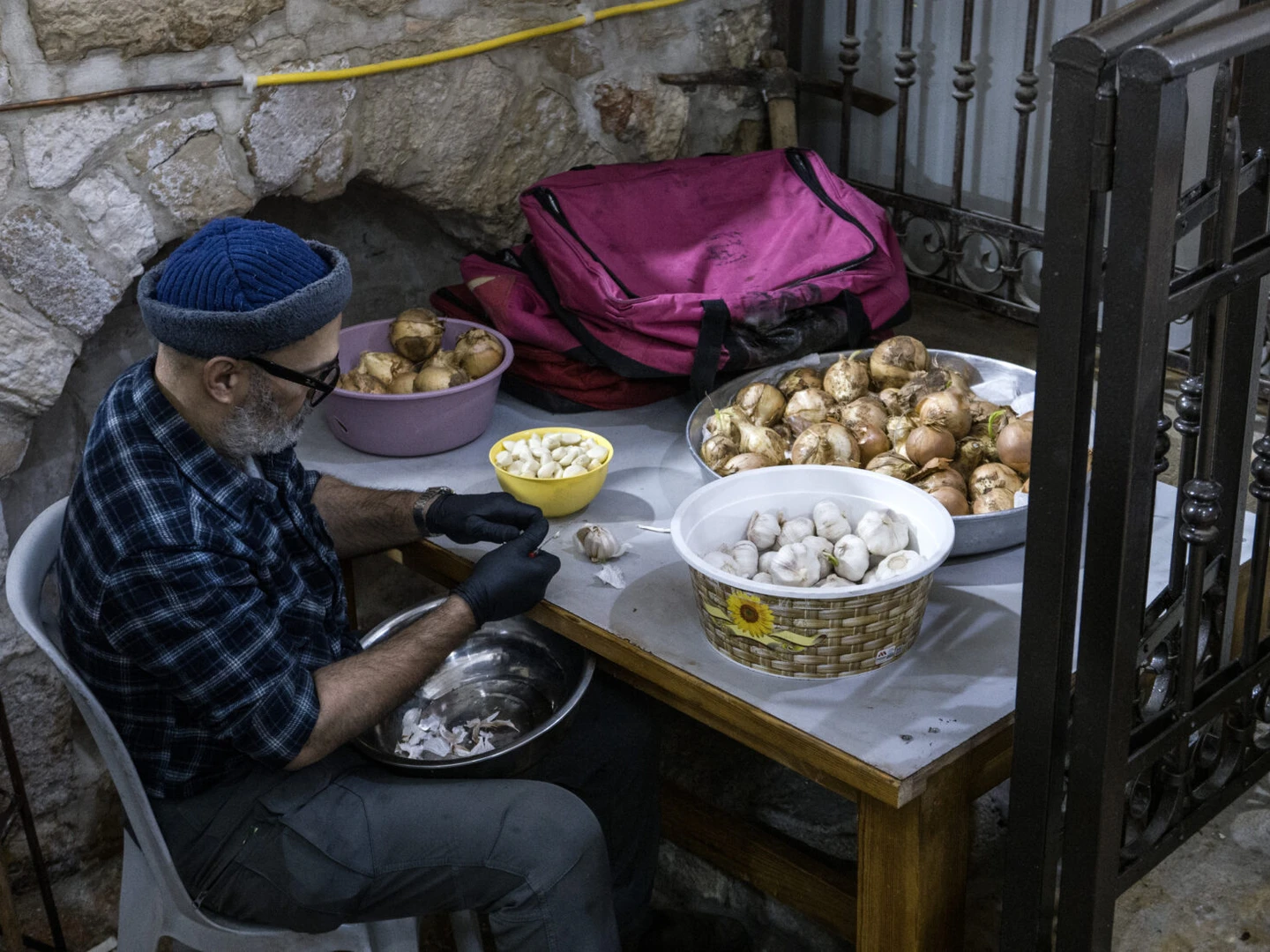
Centuries of endowment and preservation
According to Palestinian historian Arif al-Arif, in his book “Details in the History of Jerusalem,” the Haseki Sultan Tekke was one of the finest charitable institutions established by the Turks in the city. Prior to the establishment of Israel in 1948, its expenses were covered by revenues from Ottoman-endowed shops. Today, it continues to operate under the supervision of the Jerusalem Islamic Waqf Administration, affiliated with Jordan’s Ministry of Islamic Affairs and Holy Sites.
Bessam Abu Lubde, the director of Haseki Sultan Tekke, highlighted the deep-rooted Ottoman presence in Palestine, particularly in Jerusalem. “Sultan Suleiman the Magnificent also built the walls of Jerusalem. We must never forget the long history of the Ottoman Empire in this land,” he stated.
Abu Lubde emphasized the deteriorating economic, social, and political situation in Jerusalem, exacerbated by Israel’s ongoing blockade, checkpoints, and restrictions. “Despite these hardships, we continue our mission of providing food for those in need,” he added.
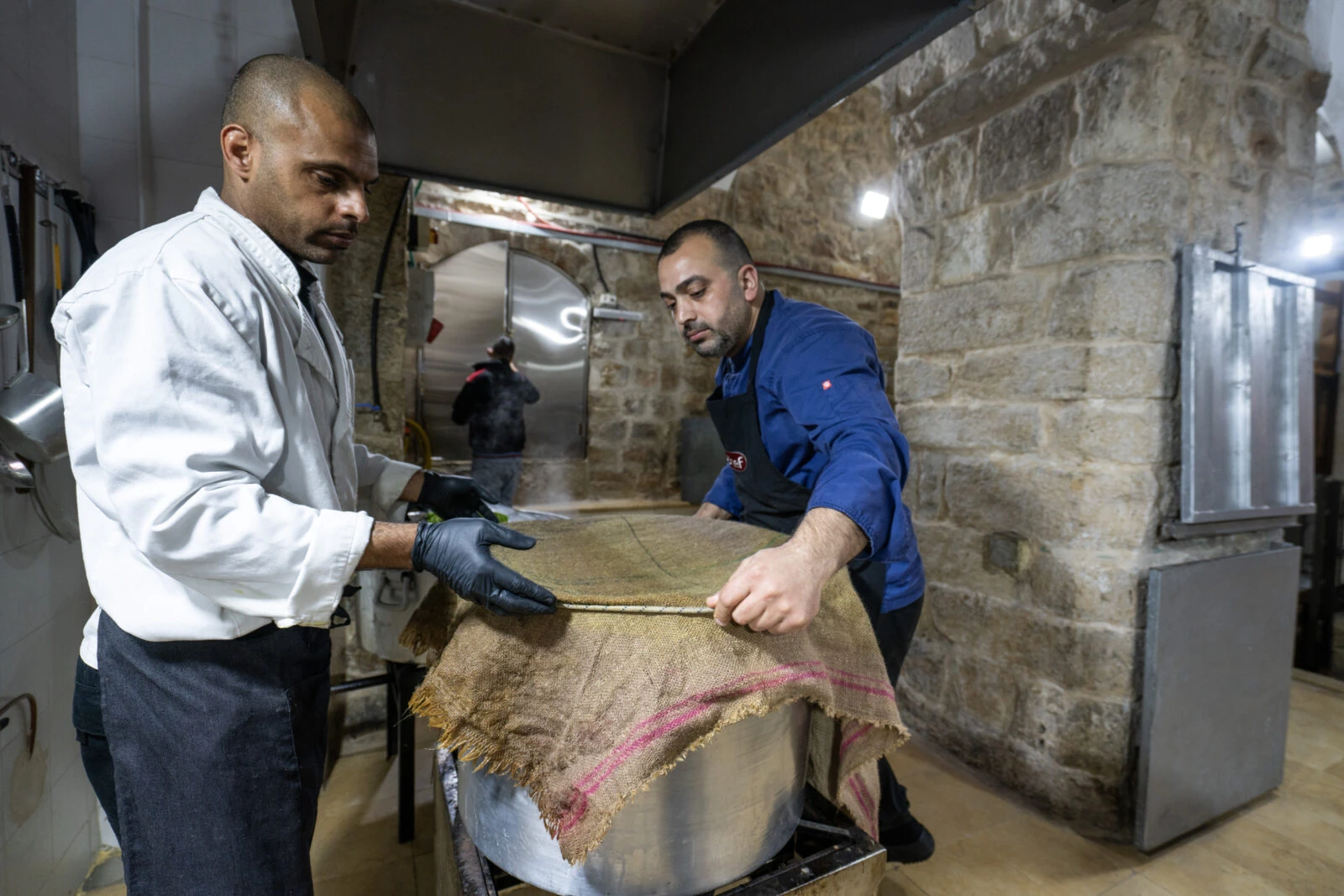
A sacred endowment for Al-Aqsa Mosque
The tekke operates on the revenues from properties endowed by Hurrem Sultan. Its administration ensures that the food supply remains uninterrupted, especially during Ramadan, when the demand significantly increases.
“Throughout the year, we provide daily meals to 50 to 70 needy families,” said Abu Lubde. “During Ramadan, we increase this number several times over. We prepare meals for families in the morning, visitors to Al-Aqsa Mosque in the afternoon, and in the evening, we serve imams and guardians of the mosque.”
He noted that during Ramadan, food distribution takes place in the late afternoon, with many arriving at the tekke carrying their own spoons and forks, eager to receive a meal to break their fast.
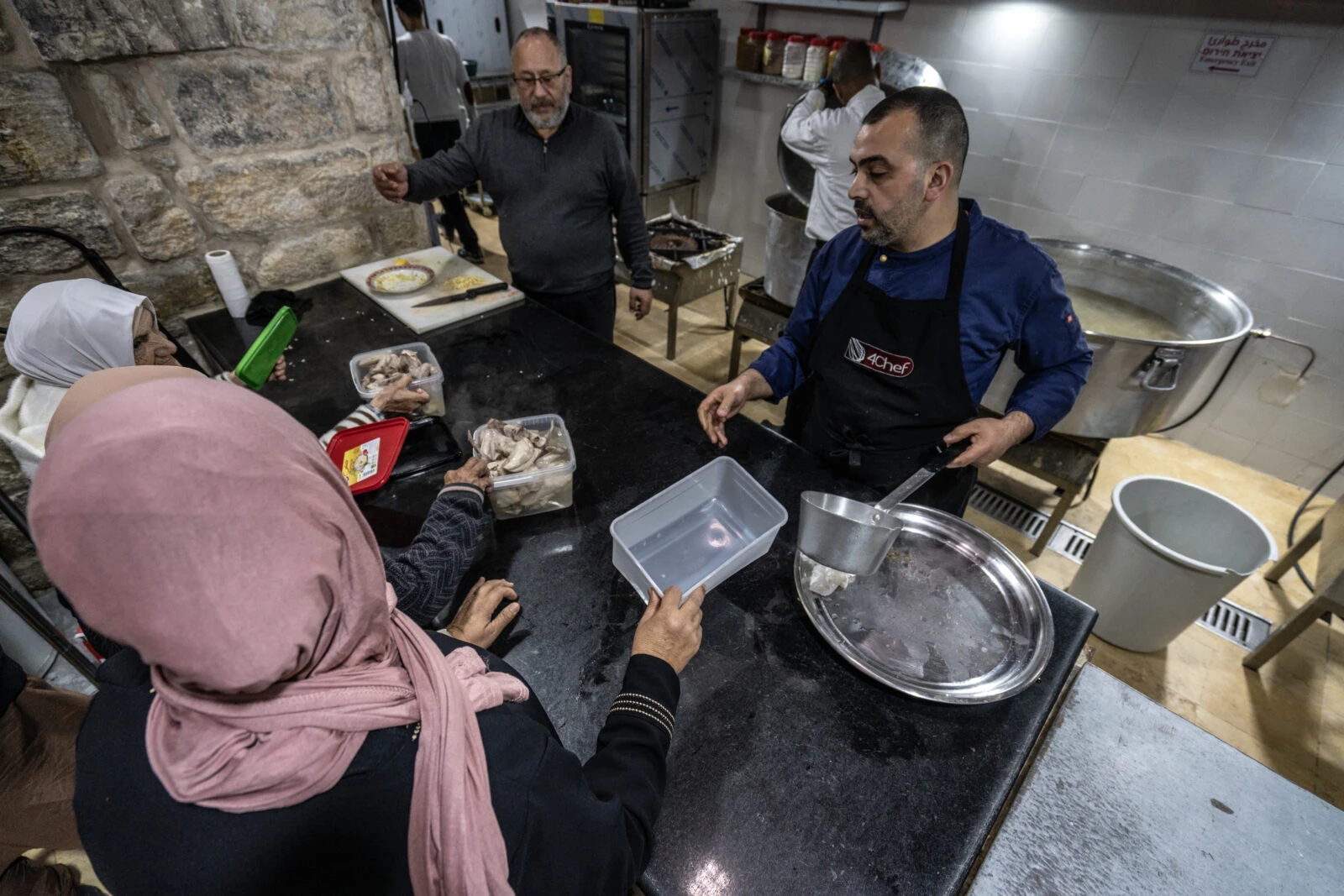
A refuge for Jerusalem’s impoverished families
More than 80% of the estimated 390,000 Palestinians living in East Jerusalem are below the poverty line. Many depend on social welfare organizations to survive.
“Our mission is to preserve the dignity of struggling families in Jerusalem and support them in their difficult times,” said Abu Lubde. “This institution is a symbol of the unity and resilience of Jerusalem’s community.”
Unlike other charities, the Haseki Sultan Tekke does not inquire about a visitor’s background. “We do not ask whether someone is poor or wealthy. Anyone who enters is served food, as we believe in the blessings of charity. We even welcome non-Muslims who come seeking a meal,” he explained.
As Ramadan brings more worshippers to Al-Aqsa Mosque, the tekke scales up its food distribution. “To meet the growing demand, we triple our meal portions. We maintain the same menu—meat, chicken, and rice—ensuring everyone receives a nutritious meal,” Abu Lubde concluded.
Tweet:
